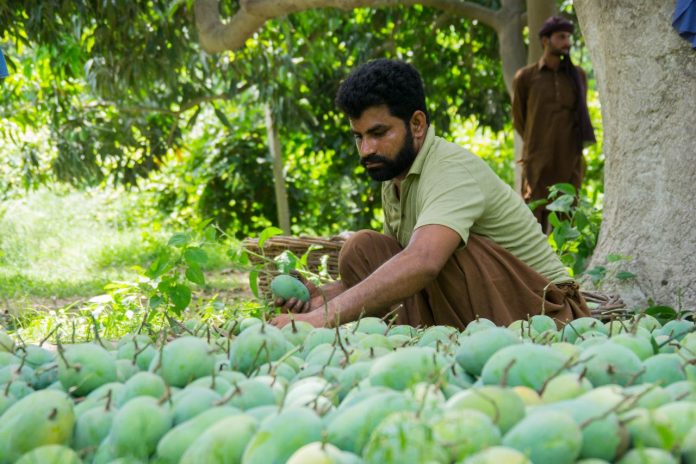All Pakistan Fruit & Vegetable Exporters, Importers & Merchants Association (PFVA) proposed withdrawal of 10 percent FED on juice industries, exemption of import duty on spare parts used in the processing of juice industries and allocation of Rs 100 million for Research and Development to get the new Kinnow varieties.
The implementation of this tax has led to a significant decline in sales, with a 45 percent drop recorded in March and April following its introduction in the supplementary budget of February 2023. This decline negatively affects the formal packaged juice industry, hindering its ability to utilize its production capacity and discourage new investments. It has also resulted in the loss of sales tax revenue and unemployment, impacting not only the juice industry but also fruit farmers linked to it. The PFVA contends that the withdrawal of the 10 percent FED is necessary to promote affordability and prevent consumers from turning to low-priced, low-quality alternatives provided by the undocumented sector.
In addition, PFVA suggests exempting imported spare parts used in the processing of juice industries from import duties. This exemption would facilitate the industry’s operations and encourage investment by reducing costs and increasing efficiency.
Another critical aspect highlighted by the PFVA is the need for Research and Development (R&D) to develop new varieties of Kinnow, a popular citrus fruit in Pakistan. The current Kinnow variety is approximately 60 years old, which exceeds the recommended practice of changing varieties every 25 years. Consequently, the existing variety is vulnerable to diseases and has a shorter shelf life, limiting its ability to withstand longer transit times. As Kinnow exports account for 30 percent of the country’s total fruit and vegetable exports, the PFVA asserts that the development of new Kinnow varieties through R&D could enhance exports and potentially increase them to $350 million within four years. To support this initiative, the PFVA proposes an allocation of Rs 100 million for R&D.
Among other exemptions, PFVA also proposed exempting the import duty on aseptic bags used in the pulp industry. These bags are crucial for preserving the quality and extending the shelf life of various fruit products, such as mango pulp, apple concentrate, Kinnow concentrate, guava pulp, carrot pulp, beetroot concentrate, peach pulp, banana puree, and tomato paste. As there are currently no local manufacturers of aseptic bags, the industry relies on imports, which incurs high costs. An exemption on import duties for these bags would lower production costs and enable the industry to provide products with extended shelf life while maintaining quality.
In conclusion, the PFVA’s proposals aim to address the challenges faced by the juice and fruit industries in Pakistan. By withdrawing the 10 percent FED on juice industries, exempting import duties on spare parts, allocating funds for R&D to develop new Kinnow varieties, exempting sales tax on locally grown mushrooms, revising Phyto-Sanitary Certificate charges, and exempting import duties on aseptic bags used in the pulp industry, the PFVA believes these measures will promote growth, enhance exports, create employment opportunities, and stimulate the overall economy of the country.


